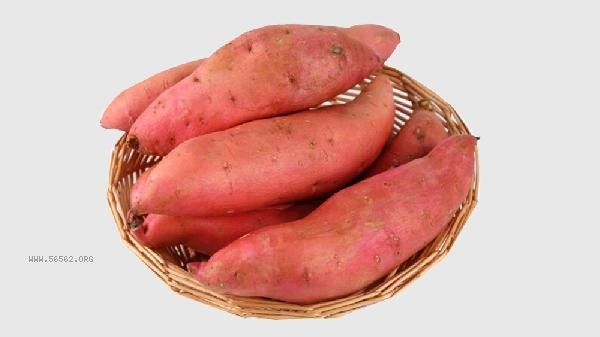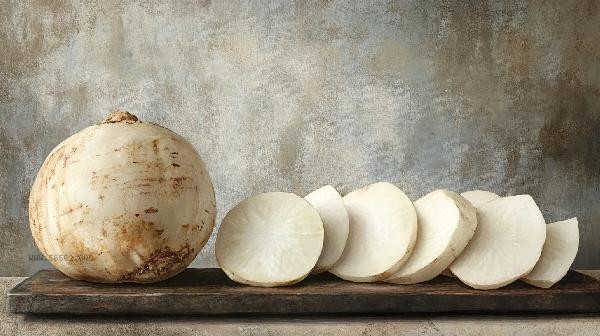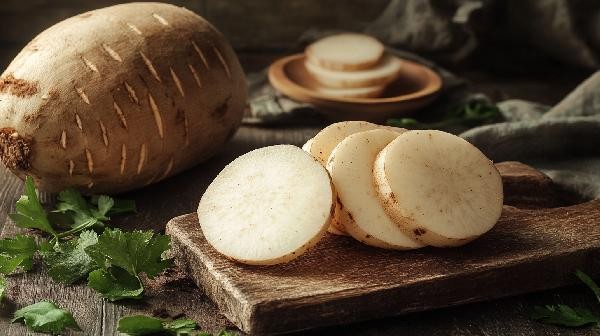Moderate consumption of white sweet potatoes by women is usually harmless, but excessive consumption or special constitution may cause gastrointestinal discomfort, blood sugar fluctuations, and other problems. White sweet potato, also known as sweet potato or sweet potato, is rich in dietary fiber and vitamins, but it is important to pay attention to individual differences in consumption.

White sweet potatoes have a cold nature, and those with spleen and stomach deficiency and coldness may experience discomfort such as abdominal pain and diarrhea if consumed in large quantities. Its starch content is high, and diabetes patients need to control their intake to avoid a rapid rise in blood sugar. Raw food may cause nausea and vomiting due to the presence of small amounts of toxic substances such as saponins. It is recommended to cook thoroughly before consumption. Some people may be allergic to the ingredients in sweet potatoes, experiencing skin itching or respiratory symptoms. Overconsumption may aggravate moisture in the body of pregnant women. It is recommended to consult a doctor before adjusting diet.

The skin of sweet potatoes may contain pesticide residues or parasitic eggs, and should be thoroughly cleaned and peeled. Eating cold foods together may worsen body cold symptoms, and women during menstruation should reduce their intake. Sprouted and spoiled white sweet potatoes can produce toxins such as solanine and should be discarded immediately. Patients with thyroid diseases should be aware that it may interfere with iodine absorption, and the risk should be evaluated before long-term consumption in large quantities.

It is recommended to include sweet potatoes as part of a diversified diet, with a single intake controlled within 200 grams. Pairing ginger and scallions with isothermal ingredients during cooking can neutralize coldness, and steaming is more conducive to nutrient retention. If there is persistent discomfort, seek medical attention promptly. Special populations should develop personalized diets under the guidance of nutritionists. Daily storage should be placed in a cool and ventilated place to avoid sprouting and spoilage.






Comments (0)
Leave a Comment
No comments yet
Be the first to share your thoughts!